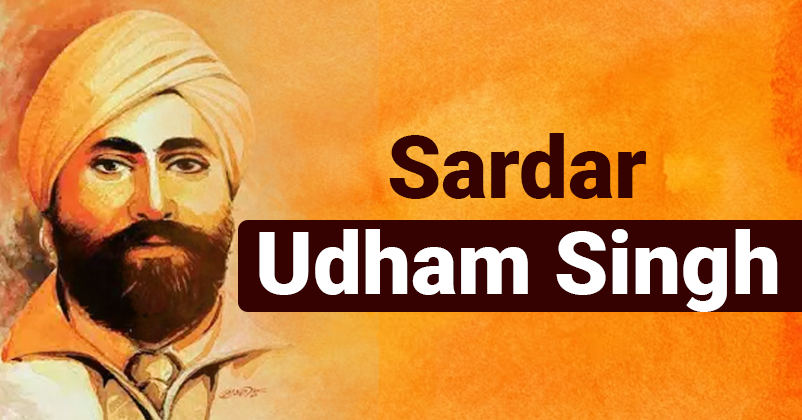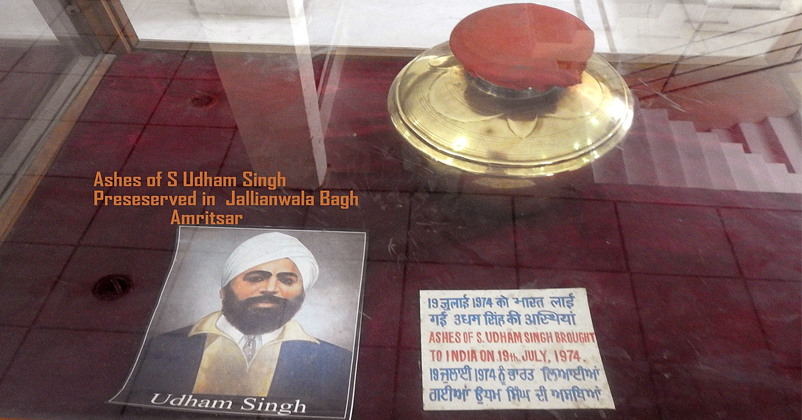13 March, 1940: "Avenging Jallianwala Bagh: A Patriot’s Resolve, Udham Singh’s bold act of assassinating Michael O’Dwyer"
Total Views |

Udham Singh, an Indian revolutionary and freedom fighter seeking retribution for the Jallianwala Bagh massacre, etched his name into history on March 13, 1940, by assassinating Michael O'Dwyer, the former Lieutenant Governor of the Punjab in British India. The incident occurred during a public meeting at Caxton Hall in London. Udham Singh's actions were motivated by a desire for independence and justice for the Indian people.
Background: The catalyst for Udham Singh's mission lay in the tragic events of April 13, 1919, when General Reginald Dyer ordered the ruthless massacre of hundreds of unarmed Indians in Jallianwala Bagh. O'Dwyer, then Lieutenant Governor of Punjab, endorsed Dyer's actions, exacerbating the anguish of the Indian populace.
Path to Justice: Udham Singh, who witnessed the horrors of Jallianwala Bagh, harbored a deep-seated commitment to rectifying the injustices. His journey led him to London, where O'Dwyer had settled after his tenure in India. Singh meticulously planned the assassination, driven by a desire to avenge the innocent lives lost.
The Assassination: On 13 March,1940, at Caxton Hall, Singh attended a public meeting where O'Dwyer was present. As the meeting concluded, Singh confronted O'Dwyer and fired two fatal shots. The act was swift and purposeful, with Singh making no attempt to escape. He was swiftly apprehended, embracing his destiny as a symbol of resistance.

Trials and Legacy: Udham Singh's trial became a global spectacle. He was ultimately sentenced to death on 31 July 1940, but his sacrifice left an indelible mark on the fight against colonial oppression. Udham Singh is remembered as a hero for his sacrifice and commitment to the cause of independence.

